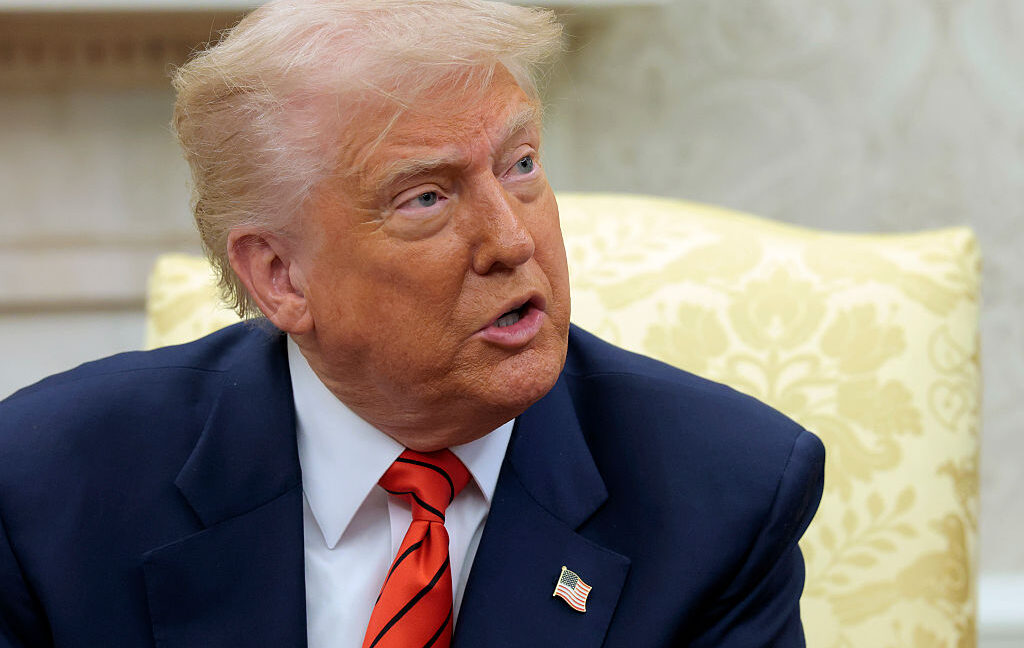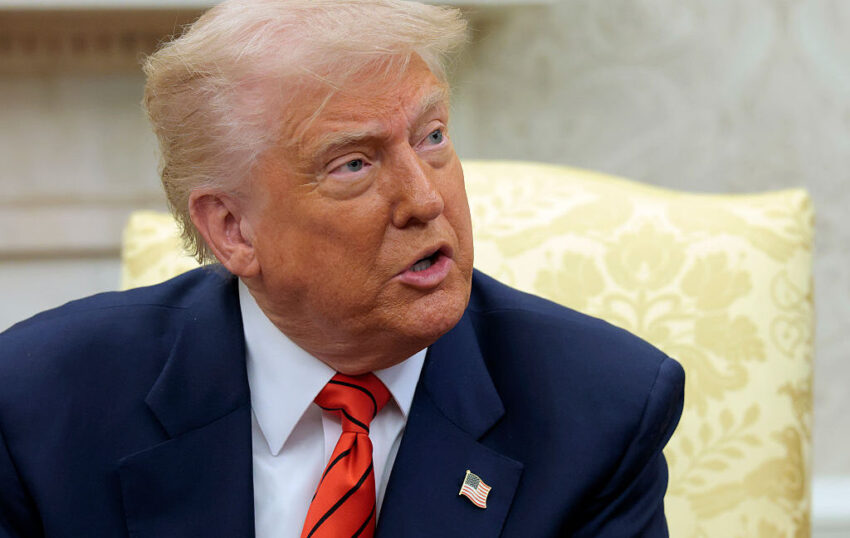
Britin Martins, a senior Fellow based on European Economics, called Berjeel, called Berjeel, Broken How practical it may be in April to attack digital platforms for the European Union, noting, “a question is whether such retaliation is possible or not.”
The European Union can potentially use the law known as anti-screen regulation-which gives officials to stop anti-countries when facing “foreign economic repression”.
Martins noted that “with significant presence in the European Union, platforms cannot be a target of trading initiatives”. Martins suggested that it could produce the largest tech companies that carry out operations in the European Union, but only when these actions are considered “important”, a term whose law does not clearly describe.
To describe this commitment, officials will need the “detailed information about locations or nationalities” of all consumers that bring together platforms, including buyers, sellers, advertisers and other parties, Martins said.
He suggested that it “is especially difficult to target” digital services platforms. ” And lawmakers may pose a threat to reaction if any discretionary decision on “risks of law” is “a threat to EU consumers imposing taxes on the United States without a revenge impact”.
Although tech companies will have to wait for a trade war – prices are planning, Alianz Trade instead of bearing new spending, suggested that if Trump does not re -appreciate digital services exports, it may be a clear winner.
Shah wrote, “The amazing potential result of digital tariffs can be the rapid development of open source technologies.” “Since the proprietary digital products and services are subject to cross-border prices, open source alternatives-which can be jointly, modified and distributed-we can get the benefits.”
If the costs are too high, Shah advised that even tech companies could “turn to open source solutions, which could be deployed locally without mobilizing the tariff threshold.” Shah wrote, such a change could potentially affect the landscape in areas such as “cloud infrastructure, AI framework, and enterprise software.”
In this imaginary future where open source rulings on the alternative world, Shah said that targeting digital imports through tariff system could be ineffective, “inadvertently adopts to open source alternatives that benefit economic advantage.”
